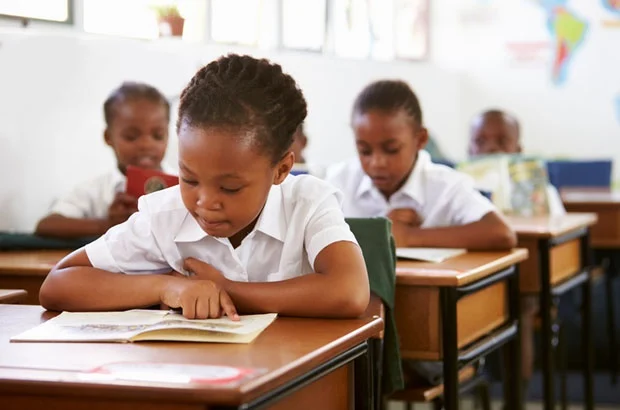Photo by [News24]
Earlier this year, the Progress in International Reading Literacy Study (PIRLS) made a distressing revelation that 81% of fourth-grade students in South Africa cannot comprehend what they read. While multiple factors contribute to this alarming statistic, the primary culprit remains the Covid-19 Lockdown and its profound impact.
The lockdown significantly disrupted various aspects of daily life. However, none were as adversely affected as the temporary closure of schools, especially for children in their formative years.
The skills acquired during this crucial phase determine a student’s future academic success. Consequently, the prolonged period of school closures and the ensuing disruptions caused by the pandemic has dramatically hindered the development of many young learners, negatively impacting their reading and writing abilities.
“The Core Executive Function”
According to Jenny Du Preez, the Owner and Principal at Emergence Group, several factors have impacted children’s education. These include the closure of schools, the limited number of days once they were allowed to reopen, and additional factors such as Covid-19 restrictions that mandated social distancing and the use of masks.
Du Preez further explains that this isolation has had a detrimental effect on what she calls “the core executive functions,” which are crucial during early childhood development. The lack of peer interaction has hindered the development of neural pathways, which are the basis of children’s reading and writing abilities.
“They didn’t do anything on the physical side of growing. They were stuck inside, they were isolated, and the neural path that develops automatically in the early years of childhood just didn’t develop. So when these children came back to school last year, and this year I’m finding that they cannot hold a pen, they cannot sit still, and they have no social skills. They are used to being at home. They have long thumbs from playing with the remotes and having to do their lessons online or at home school. But the basic core functions that develop in early childhood did not develop.”
SMread| Seize the new year to learn the Qur’an
Make the Home Conducive to Learning
Despite the closure of schools, various measures were implemented to minimise the impact of the lockdown, such as distance learning, online education, and homeschooling. However, not all children had the opportunity to benefit from these initiatives due to limited access.
Another significant challenge relates to the mindset of some parents regarding education and schooling. According to Du Preez, certain parents have adopted an attitude that places the responsibility of educating their children solely on schools and teachers, resulting in an unsupportive home environment for learning.
This factor further disadvantaged the children, revealing the parents’ inability to create an educational setting conducive to learning and meaningful interaction.
“Parents are now thinking ‘Oh, I pay my fees at the school. The teachers are there to teach my child manners. The teachers are there to handle the entire situation’. Things have gone backwards in our country, in particular during lockdown. [Those challenges] showed up as parents were confined in small spaces … Put everybody in the same room, and parents suddenly did not know what to do.”
SMread| Instilling saving and budgeting habits in children
Du Preez’s Advice to These Challenges
Nevertheless, Du Preez offered valuable recommendations, which have worked in her experience, for parents and teachers seeking to support children whom the lockdown has impacted.
She advises educators and parents to prioritise the presence of children in the classroom and encourage social interaction with their peers. Additionally, she highlights the importance of providing children with daily nutritious meals to support their overall well-being.
“A feeding scheme at the school and do things that are of interest, especially in nature and in science. Do the things that they were not allowed to do over the two years of lockdown and then introduce the vocabulary of the [various] subjects.”
Du Preez suggests making the learning process enjoyable and engaging by incorporating interactive activities and introducing new words to expand their vocabulary. Gradually integrating reading into their daily activities is also emphasised, allowing children to develop their reading skills gradually and enjoyably.
